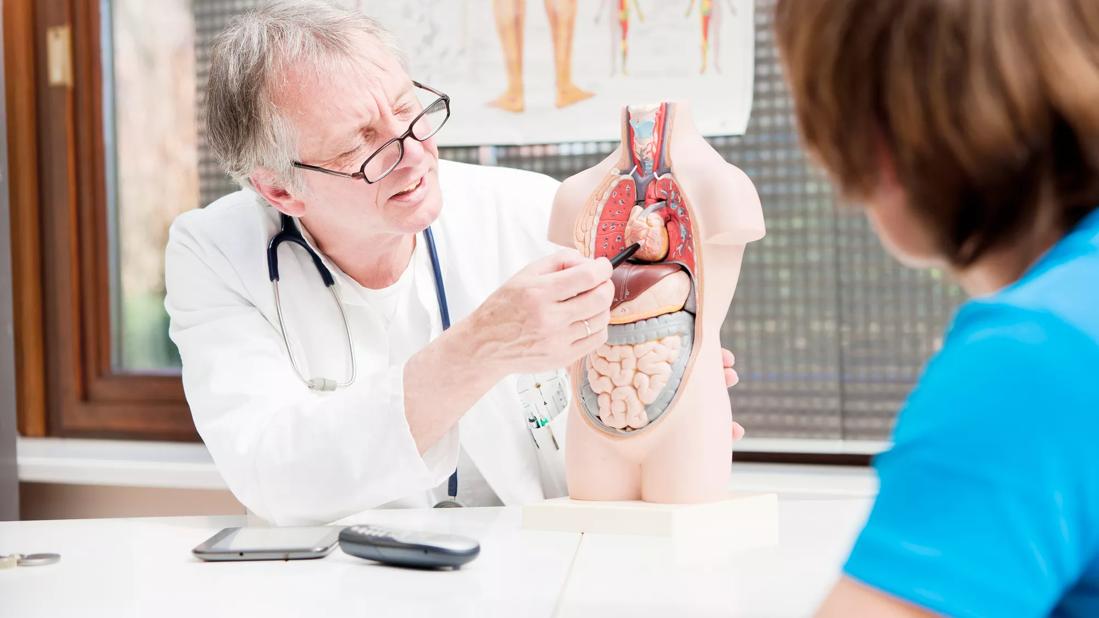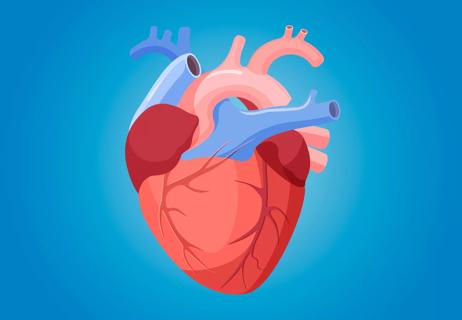The Short Answer from a cardiologist

A.: Yes, it can. It’s difficult for people — and sometimes for a physician — to tell the difference between a gastrointestinal problem and a heart problem.
Advertisement
Cleveland Clinic is a non-profit academic medical center. Advertising on our site helps support our mission. We do not endorse non-Cleveland Clinic products or services. Policy
That’s why you want to talk to your doctor if you’re experiencing constant stomach pain. Describe your symptoms very carefully and clearly. The more you can tell your physician about your symptoms, the better job they can do to diagnose the problem and help you.
Sometimes people describe their pain by making a fist, and then clenching it like they’re squeezing something. When a patient comes into my office and says, “Whenever I exercise, I get this pain,” and they do this with their hand, it’s often heart disease. Another important clue is if there is pain that goes down the arm or goes up to the jaw.
It really takes a medical professional to interpret symptoms. Be sure you get good professional advice.
— Cardiologist Steven Nissen, MD
Advertisement
Learn more about our editorial process.
Advertisement

Knowing what you can do to prevent or manage heart disease is half the battle

Unlock the secret of your body’s hardest-working organ

What you should know about sugar and heart disease

What you should know about genetics, cholesterol, stenting and more

Women are particularly vulnerable to the effects of stress on the heart

Why you should soak with caution if you have a heart condition

Type 2 diabetes isn’t inevitable with these dietary changes

Applying a hot or cold compress can help with pain